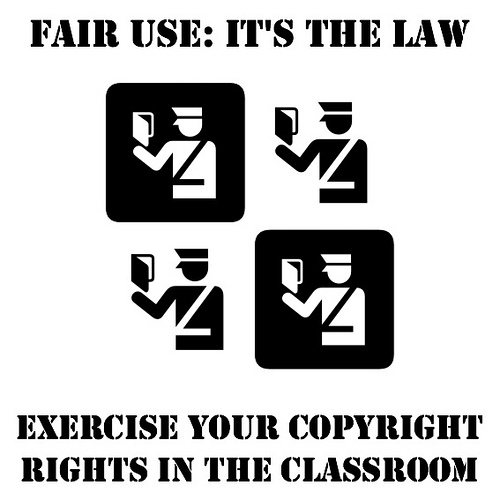I was at an NHLA business meeting talking to people about why they might care about what I had for breakfast. It’s a flip way of talking about the whole “Who cares about Twitter/Facebook/Social?” stuff that I feel I hear softly filtering down from offline populations who mostly know about this sort of technology through print media and TV. So, given an opportunity to talk about what I do all day, I explained how social media permeates and penetrates the things I do.
My employer, MetaFilter, has a strong social component as well as claiming over 200 librarians among its members. While the site itself is fairly restricted to bloggish interaction, we have some super-organized members who like to compile Best Of sorts of lists over on our wiki. I think I’ve mentioned this before, but the Read Me page on the wiki now has links to over 1000 threads worth of book recommendations.
Last week I was down at Simmons where I gave a really short talk about … talking. Basically talking about what public speaking entails and offers in the larger world of librarianship. It’s called “You Do What For A Job?” and you might like it.
So, since I was sticking around town working this month I didn’t go to Internet Librarian or most of NELA, and a few smaller conferences. It was fun to read other people’s summaries, and occasionally real-time reactions, for all the presentations. I’ll be making a sort of “what I learned from not going to conferences” post sometime in the next few days. For now, I’m done with public speaking until March and I’m pretty okay with that. It’s been a fun Fall season.

